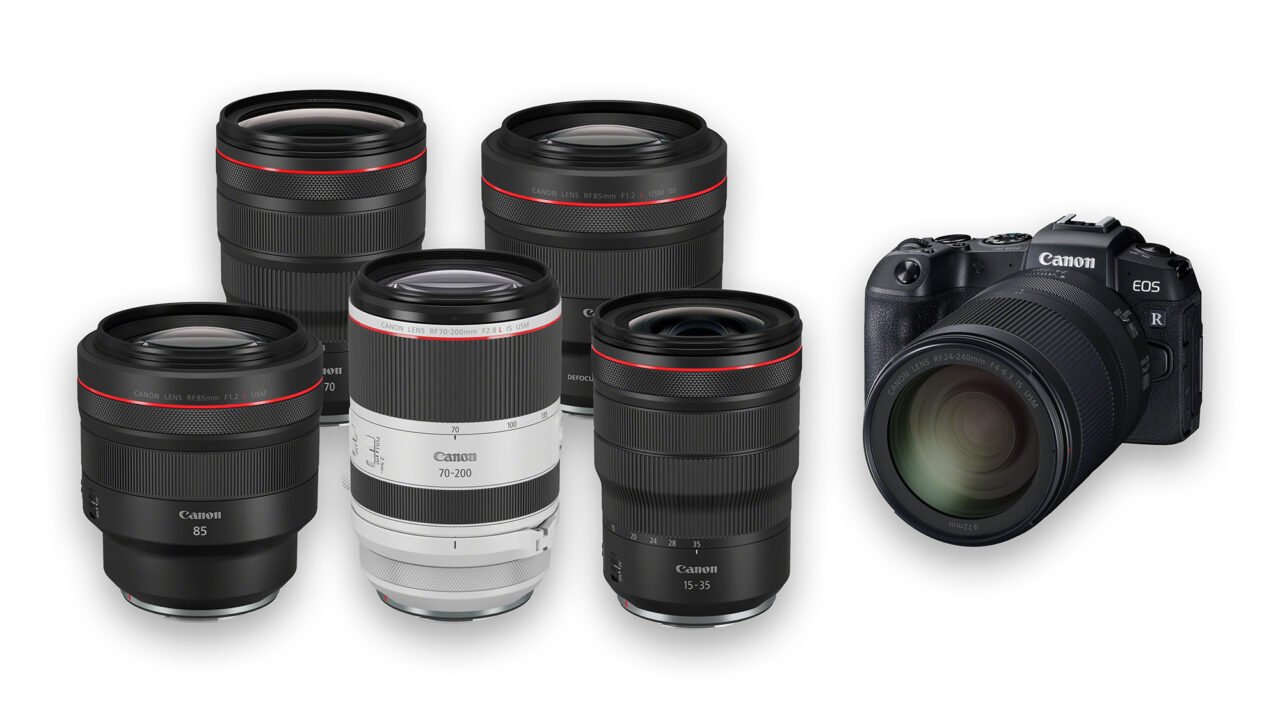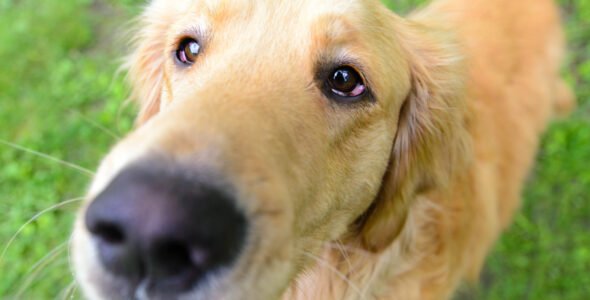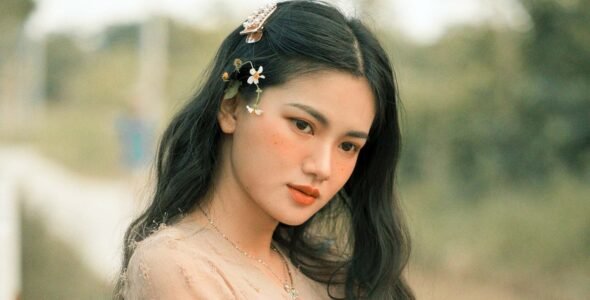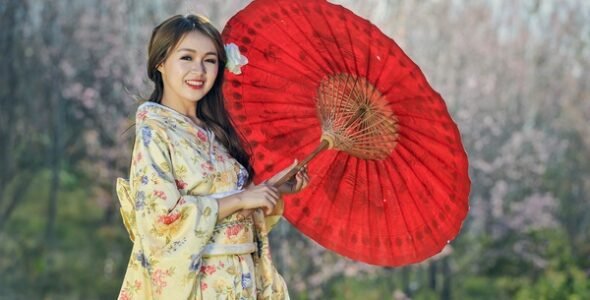Many students who are beginners in photography will also buy a set lens with the camera as their first lens. When the students have a deeper understanding of photography, it is time to get other lenses! There are many types of lenses on the market, how should we choose the next suitable lens? Here are 6 lens recommendations for different photo themes. They are suitable for all kinds of cameras and major brands have also launched these lenses.
- If you like shooting portrait then 85mm f/1.8 or 50mm f/1.8 lens
One of the reasons why many people buy DSLRs is to take pictures for family or friends. In fact, the kit lens is already competent, but if you want to take better photos and look more professional, you need to get a portrait lens! For APS-C format cameras, the focal length will be approximately 1.5x multiplied, so if you have a focal length of 85mm, you can use 50mm (50mm x 1.5 = 75mm). For an M4/3 system, a 40mm lens is the best (40mm x 2 = 80mm). When taking pictures, the large aperture of f/1.8 and the slightly longer focal length of 85mm can make the depth of field shallower, making the portrait stand out in the background, which is very suitable for shooting portraits.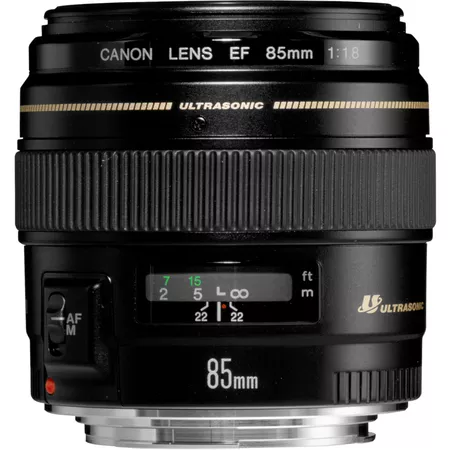
- If you like shooting street photography or documentary then use 50mm f/1.8 or 35mm f/1.8 lens
Recently, the cameras are getting smaller and smaller, making “street shooting” more convenient, because when taking photos of this subject matter, some unsuspecting passers-by are usually taken, and the lens used is preferably small and unnoticed. Prime lens 50mm is usually small and light, and the aperture is up to f/1.8, so you can shoot in low-light environments without turning on the flash. The focal length of 50mm is very similar to the distance seen by the human eye and is very suitable for street photography. Use 50mm for full-frame cameras, 35mm for APS-C, and 20mm for M4/3 cameras M4/3 cameras!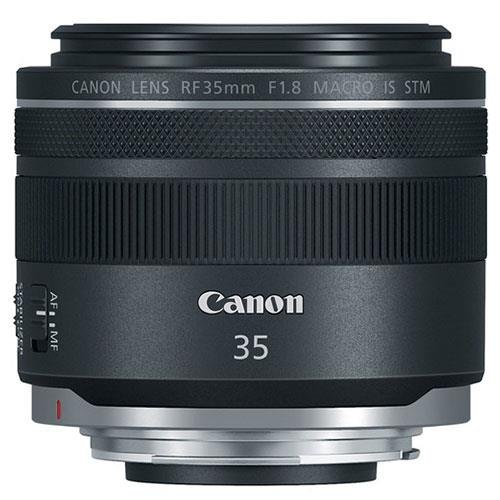
- If you like shooting landscape then use lens <24mm
Landscape photographers usually also use wide-angle lenses to capture large scenes (of course, other lenses can also be used to shoot). A lens with an equivalent focal length of less than 24mm can incorporate more scenery into the photo. If you use a wide-angle lens such as 16- 35mm, it can also use the characteristics of lens distortion to make the landscape/building more magnificent and more spacious. 16-24mm for full-frame cameras, 12-16mm for APS-C, and 8-20mm for M4/3 cameras.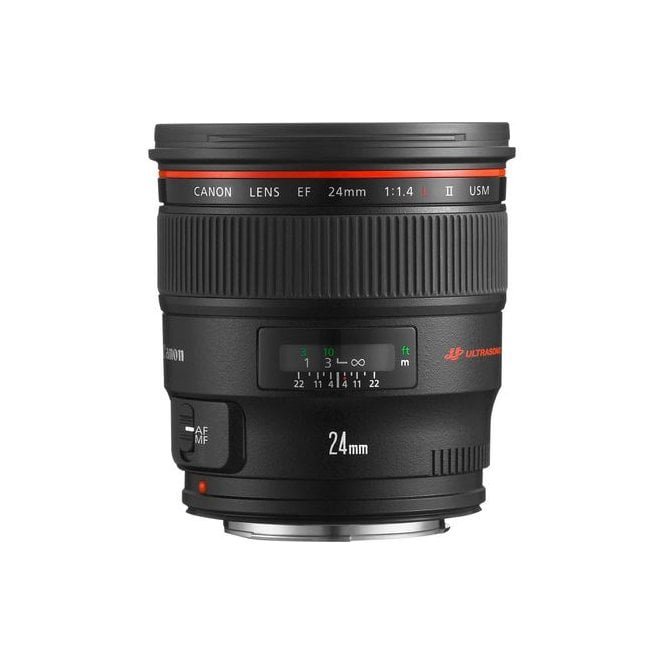
- If you like shooting event or concert then use 70-200mm f/2.8 lens
The photographer is usually at a distance from the stage of the event or concert, and sometimes there is not enough light, but also to maintain a certain shutter speed (because of the freeze action), so 70-200mm telephoto plus f/2.8 large Aperture is needed. Generally speaking, this large-aperture constant-aperture lens is bulky, heavy, and expensive, but the quality is high, and it can be used for many years. If you really like shooting this subject matter or if the budget is sufficient I do not see any reasons not to consider.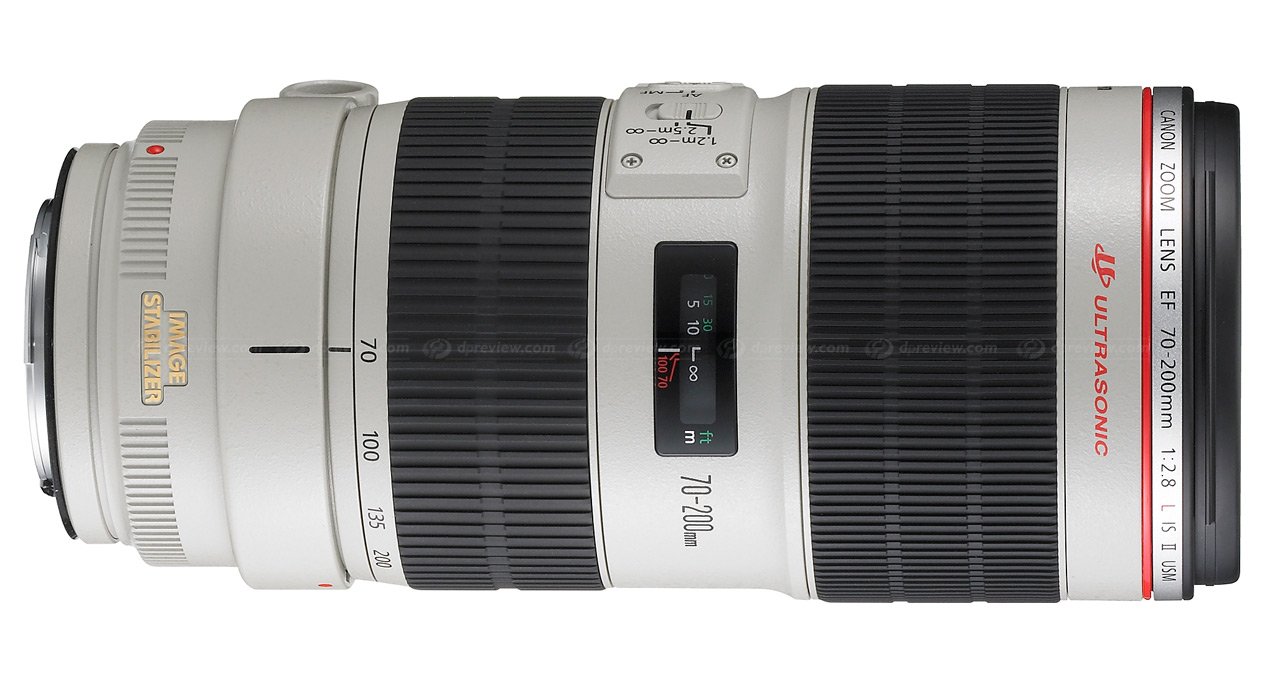
- If you like shooting Macro the use 100mm Macro
To shoot macro works, you can actually use a much cheaper “macro tube”, but if you really often shoot macros, it is recommended that you start with a real macro lens, the focal length of 100mm can be slightly further away The distance to achieve 1:1 magnification, and not too close to the subject, especially suitable for shooting small animals, insects, etc. In fact, the macro lens is not only used for taking macro shots, but also very suitable for taking portrait photos!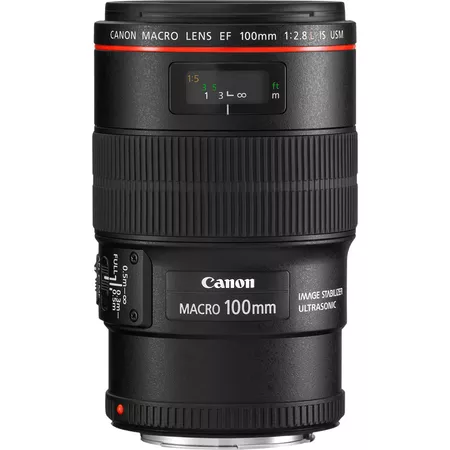
- If you like shooting sports activities or flying birds then use 70-200mm or 100-400mm lens
For APS-C format cameras, a 70-200mm lens can provide a focal length of 105-300mm. In fact, it can also be used when shooting sports or birds, but for a full-frame camera, it is recommended to use a telephoto of 100-400mm. ! Choosing a zoom lens can also give you greater flexibility in composition.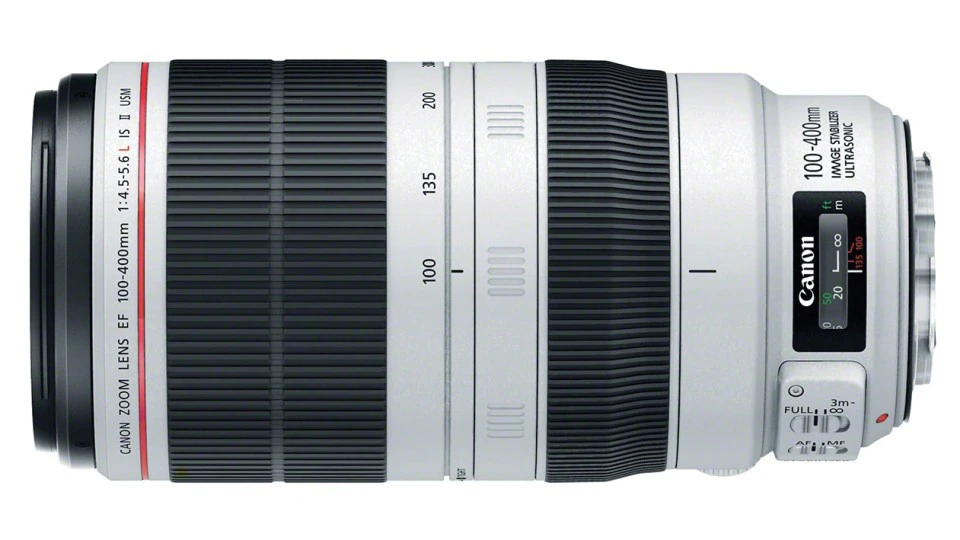
Written by Collin Smith @ remotes.works Holborn London

 My Account
My Account 